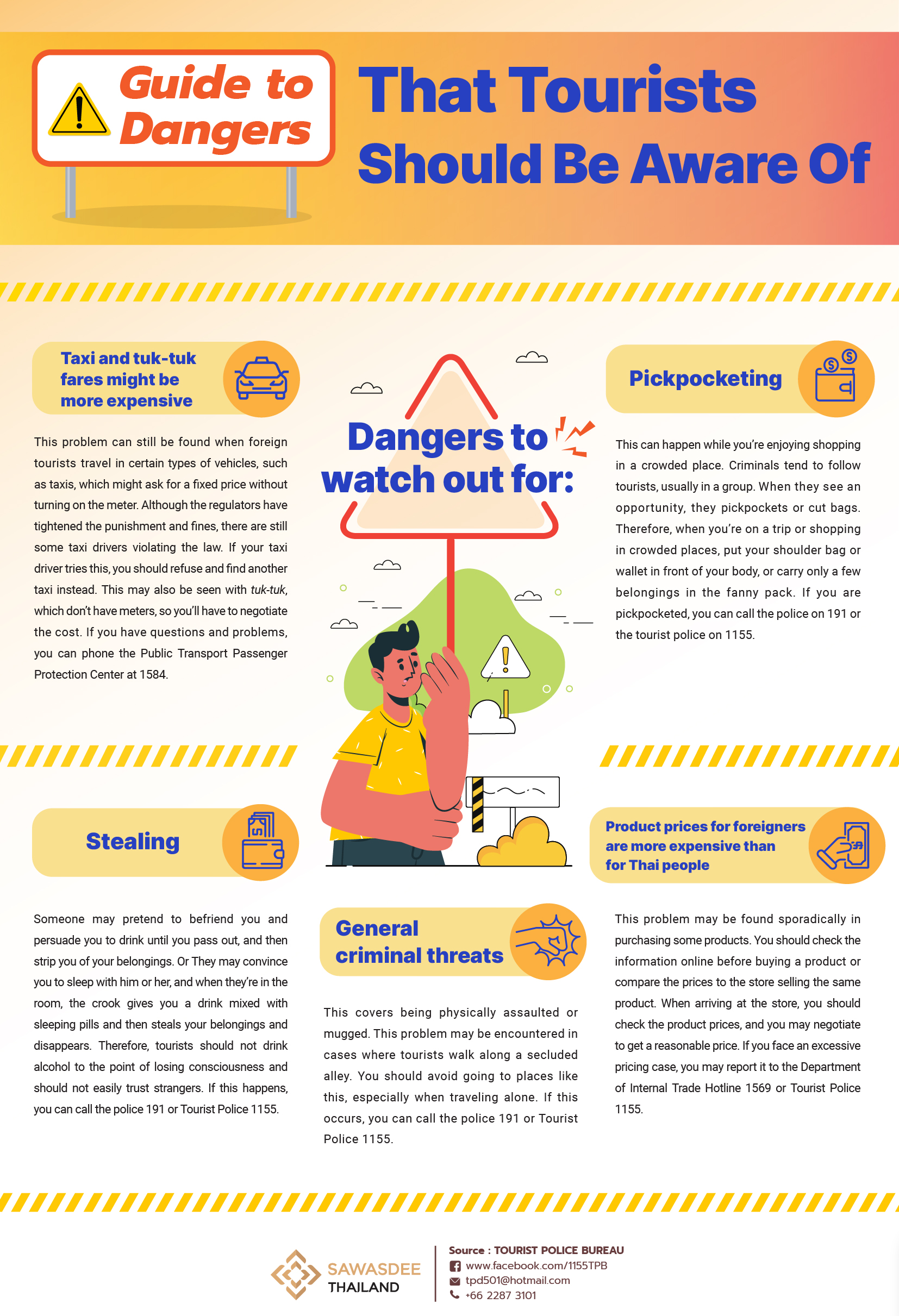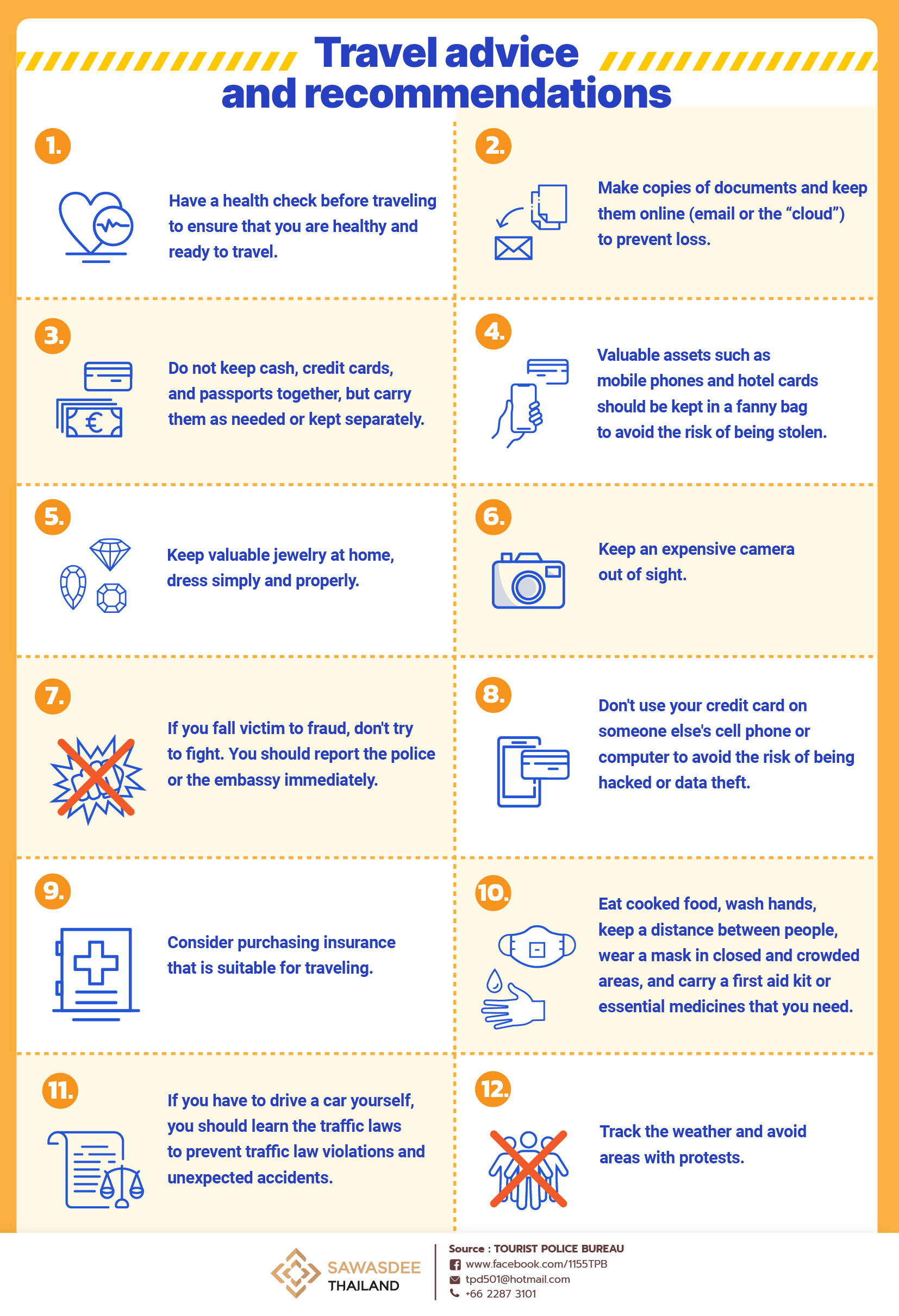
After countries around the world, including Thailand, started to reopen because people did not want their lives to be frozen by COVID-19, they began to learn to live with this disease in a new, smarter way. For many, their biggest wish was to fly across the oceans and open themselves to new experiences in the countries they had been longing to see, including Thailand, “Land of Smiles.” The number of foreigners traveling to Thailand increased steadily in the third quarter of 2022, with 7.39 million tourists entering Thailand, and by the end of the year, the number even surpassed ten million.
Now that tourists have returned, the big question is where will they travel? Certainly, they must all visit Bangkok at least once for a great travel experience, because this prosperous, modern city has numerous tourist attractions that meet all needs, especially cultural tourism, since it is full of temples, museums, and many important local communities that should not be missed. Also, for those who like partying, Bangkok has a lot of nightlife areas such as Khao San Road, Silom Soi 2, Soi Nana, and Soi Thonglor. However, the city still has a few dark corners where foreigners might feel insecure, because Bangkok attracts people from different backgrounds, with different motives for being here. In order not to be a victim of dangers in any of the 50 districts of Bangkok, let’s explore the following potential problems – and not all are serious, either – to prevent the occurrence of bad impressions of your trip to the Land of Smiles.
Travel advice and recommendations
1. Have a health check before traveling to ensure that you are healthy and ready to travel;
2. Make copies of documents and keep them in different places, even online (such as an email attachment or in the “cloud”) to prevent loss;
3. Do not keep cash, credit cards, passports together, but carry them as needed or kept separately;
4. Valuable assets such as mobile phones and hotel cards should be kept in a fanny bag to avoid the risk of being stolen by crooks;
5. Keep valuable jewelry at home; dress simply and properly;
6. Keep expensive cameras or other items out of sight;
7. If you fall victim to fraud, don't try to fight. You should report the police or the embassy immediately;
8. Don't use your credit card information on someone else's cell phone or computer to avoid the risk of data theft;
9. Consider purchasing travel insurance that is suitable for traveling;
10. To prevent illness, eat properly cooked food, wash your hands, keep a safe distance from people, wear a mask in closed and crowded areas, and carry a first aid kit or essential medicines that you need;
11. If you drive a car, you should know Thai traffic laws to prevent traffic law violations and accidents;
12. Track the weather and avoid areas where people are protesting.


Source : Ministry of Tourism and Sports
Tel : +66 2283-1500